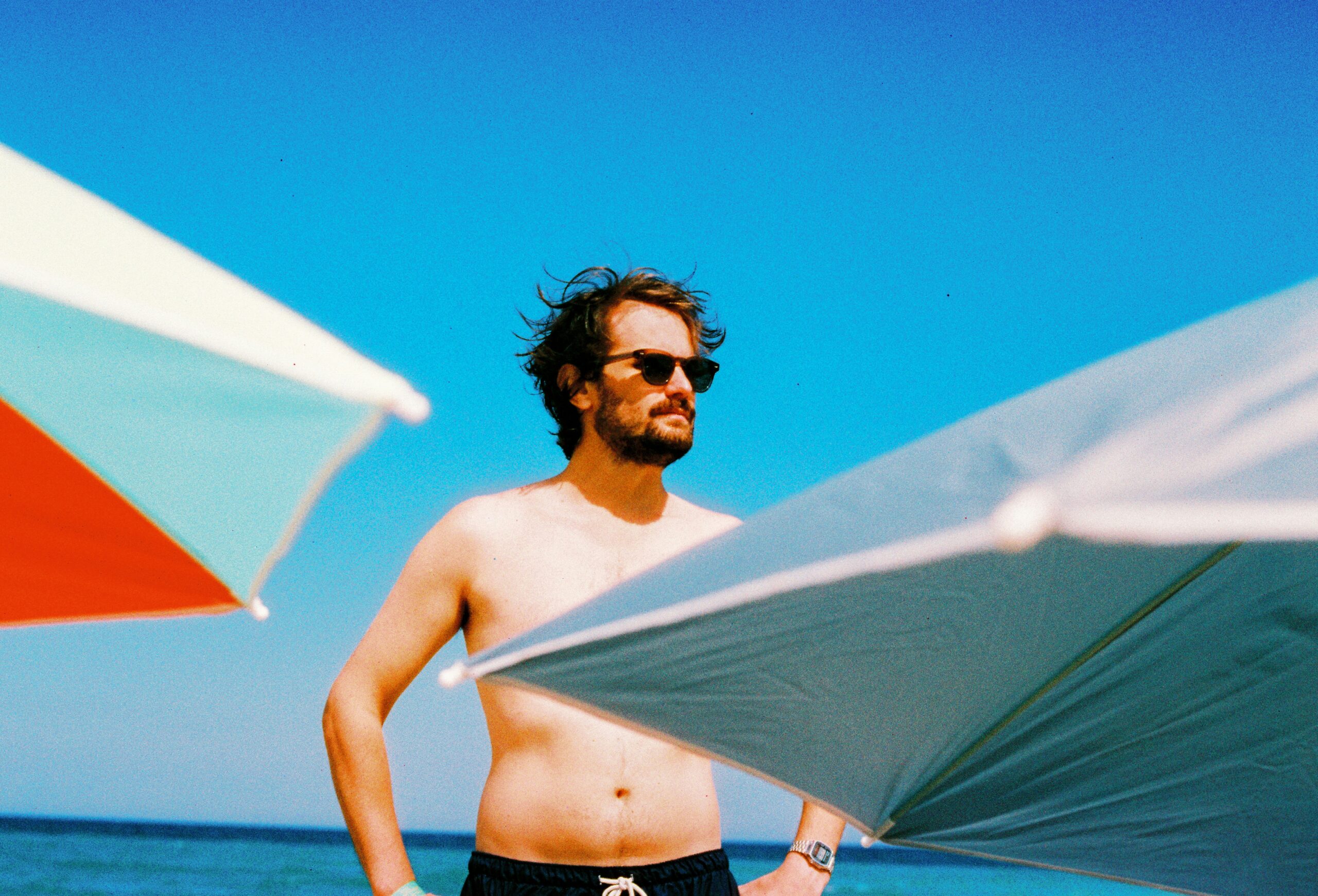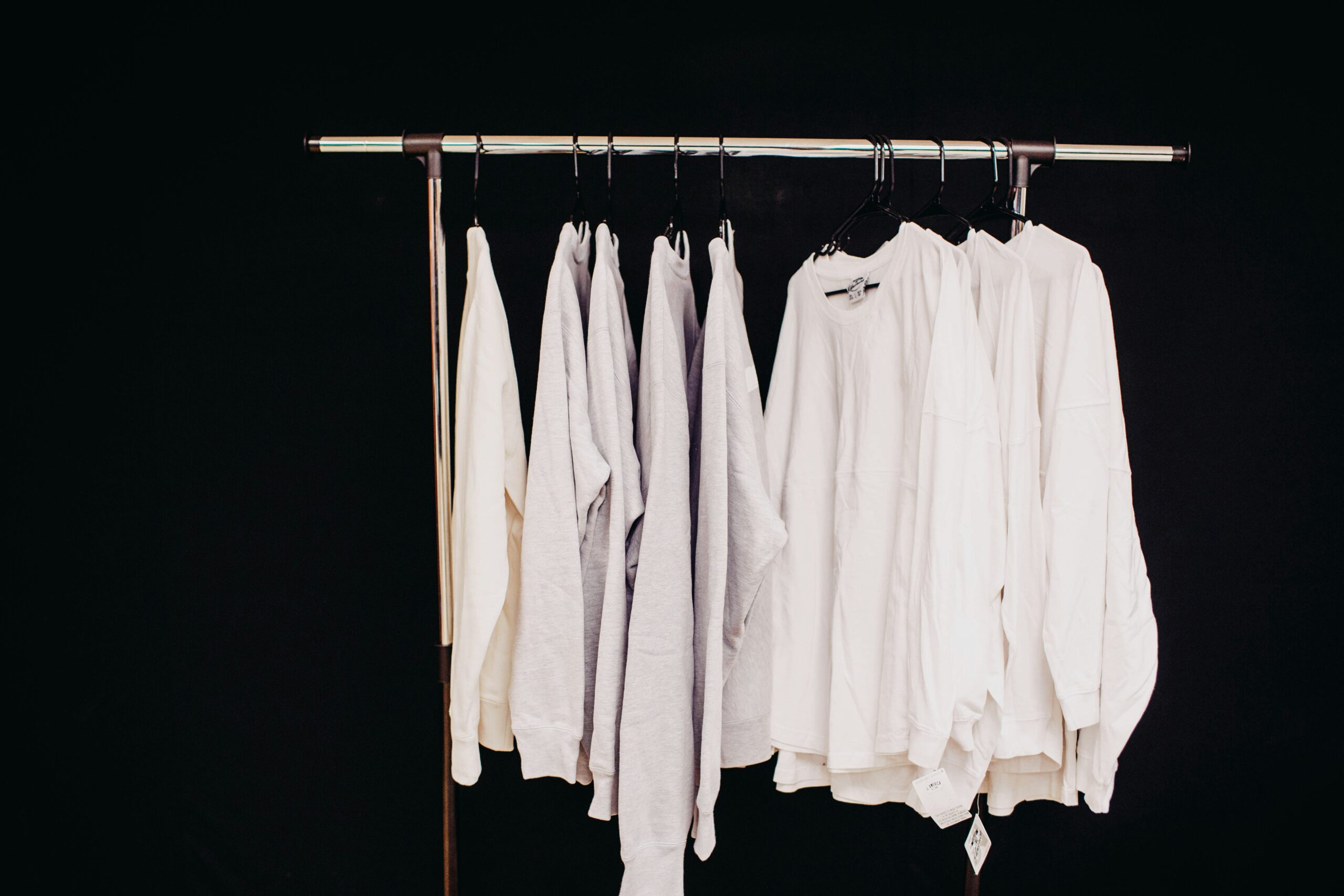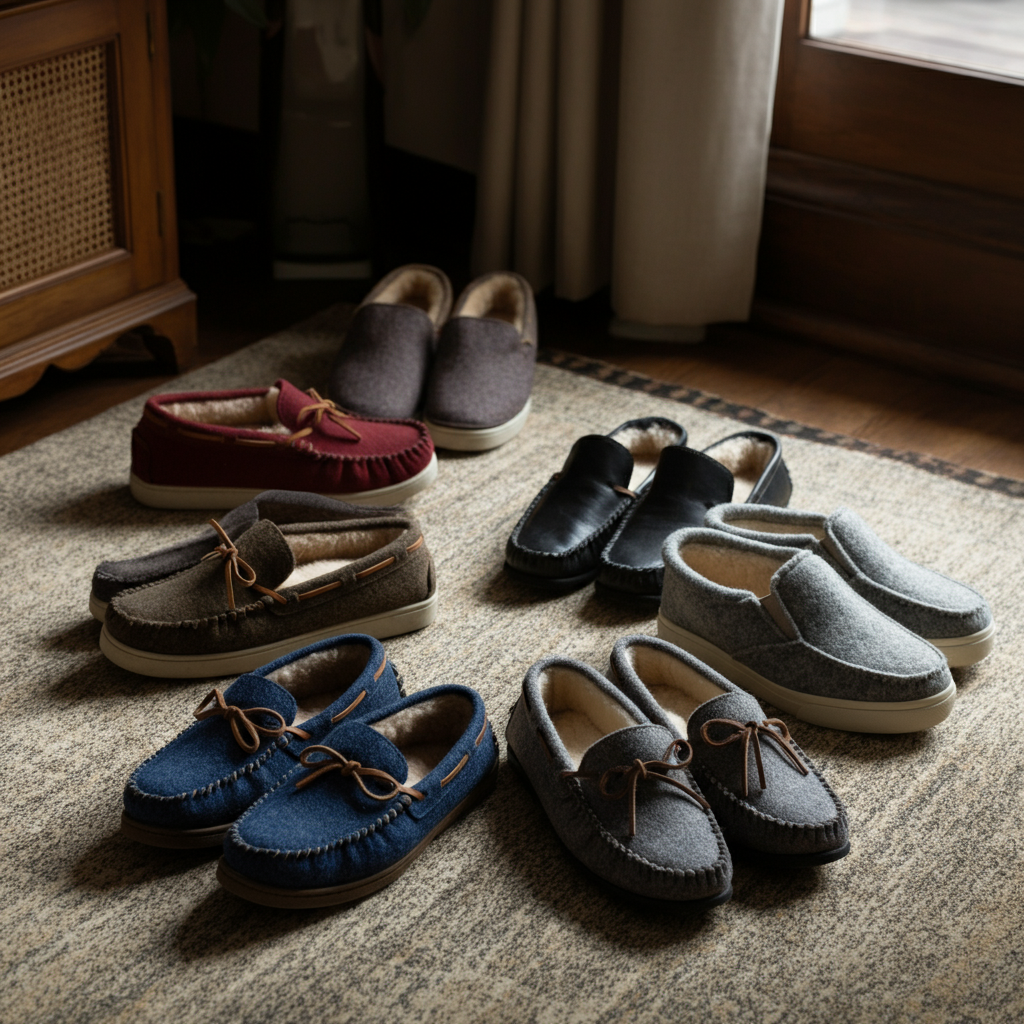Fashion has long been considered an expression of individuality, but today, it’s evolving into something even more meaningful. Ethical fashion isn’t just a trend; it’s a movement toward sustainability, fairness, and a better future for the planet and its people. This guide dives deep into everything you need to know about ethical fashion for men—from its importance and benefits to actionable tips for building an ethical wardrobe.
What is Ethical Fashion?

Ethical fashion refers to clothing and accessories that are produced with respect for ethical labor practices, environmental sustainability, and animal welfare. It’s about creating a positive impact throughout the supply chain, from the farmers growing the raw materials to the workers stitching the garments and the people wearing them.
Key components of ethical fashion include:
- Fair Wages and Labor Practices: Ensuring workers’ rights, fair pay, and safe working conditions.
- Sustainable Materials: Using eco-friendly or recycled textiles that reduce environmental harm.
- Animal Welfare: Avoiding the use of materials that harm animals, like fur or exotic leather.
- Transparency: Brands openly sharing their production processes and supply chain practices.
Ethical fashion is a conscious choice to shift away from fast fashion and prioritize products with integrity and long-lasting value.
Why Choose Ethical Fashion?

Why would someone swap their go-to fashion habits for ethical ones? The benefits go far beyond just looking good.
Environmental Impact
The fashion industry is one of the largest polluters on the planet. Ethical fashion reduces waste, toxic chemicals, and greenhouse gas emissions by promoting sustainable practices like recycling and using biodegradable materials.
Social Responsibility
Ethical fashion prioritizes fair labor conditions. By supporting brands that pay fair wages and ensure worker safety, you contribute to a global movement for improved human rights.
Economic Sustainability
While ethical clothing often costs more upfront, high-quality garments last longer and save you money in the long run. It’s an investment in durability over disposability.
Think of ethical fashion as a way to reflect your values through what you wear. By making mindful choices, you’re creating a ripple effect that benefits the planet and people.
Common Ethical Issues in the Fashion Industry

When choosing ethical fashion, it helps to understand the challenges you’ll hear about in the industry.
Labor Exploitation

Many fast-fashion brands rely on exploitative labor, often in developing countries, where workers are underpaid and subjected to unsafe conditions.
Environmental Degradation
The production of synthetic fabrics like polyester releases microplastics into oceans, while dyeing and finishing processes often involve harmful chemicals.
Animal Cruelty
Many luxury fashion items, like fur coats or exotic leather shoes, come at the cost of animal lives. Ethical fashion eliminates these practices in favor of cruelty-free alternatives.
By recognizing these issues, you can make more informed shopping choices and avoid supporting unethical practices.
Materials in Ethical Men’s Fashion

Choosing the right materials can significantly reduce your environmental footprint and ensure ethical production.
- Organic Cotton
Grown without harmful pesticides or synthetic fertilizers. The fabric is breathable, durable, and a popular choice for T-shirts and casualwear.
- Recycled Materials
Brands are repurposing materials like recycled polyester, wool, and even plastic bottles into high-quality clothing.
- Innovative Textiles
Think beyond traditional fabrics. Materials like Tencel (made from wood pulp) or Piñatex (made from pineapple leaves) are sustainable and stylish.
When shopping, pay attention to fabric labels and opt for garments made from these eco-friendly materials.
Brands Leading the Way

Certain companies are setting the gold standard in ethical men’s fashion. Here are a few trailblazers to keep on your radar:
- Patagonia
A pioneer in sustainable outdoor clothing, Patagonia leads the way with recyclable fabrics and fair trade-certified products.
- Everlane
Known for radical transparency, Everlane offers high-quality basics while openly sharing their production costs and practices.
- ASKET
Focused on timeless pieces, ASKET champions an approach toward reducing fashion waste by encouraging customers to buy less but better.
- Nudie Jeans
Famous for its organic denim, Nudie Jeans offers free repairs and recycling programs for old jeans.
- Veja
Ethically made sneakers using organic cotton, wild rubber, and upcycled materials.
Supporting these brands means supporting companies with values that align with ethical and sustainable practices.
Certifications and Standards

With so many “ethical” claims out there, certifications and standards can help you verify these promises.
- Fair Trade Certified
Guarantees fair wages and safe working conditions for workers.
- Global Organic Textile Standard (GOTS)
The leading certification for organic textiles, ensuring eco-friendly and socially responsible production.
- PETA-Approved Vegan
Certifies that no animal products or by-products were used.
- B Corporation
Identifies companies meeting high standards of social and environmental performance.
Look for these certifications on clothing labels to ensure you’re supporting true ethical practices.
How to Build an Ethical Wardrobe

Building an ethical wardrobe isn’t about replacing everything in your closet overnight. Here are some tips to get started logically and affordably:
- Shop Mindfully
Buy fewer, better-quality items. Focus on timeless, versatile pieces like neutral button-ups, jeans, and jackets.
- Create a Capsule Wardrobe
Limit your wardrobe to 20–30 items that can be easily mixed and matched for maximum versatility.
- Choose Secondhand Stores
Buying pre-loved clothes reduces waste and extends the lifespan of garments.
- Support Ethical Brands
Prioritize brands with certifications like Fair Trade or GOTS. Browse their websites to learn more about their production processes.
An ethical wardrobe reflects a thoughtful blend of practicality, style, and values.
Caring for Ethical Clothing

Help your ethical clothes last longer with these simple practices:
- Wash Less Frequently
Overwashing can wear out fabrics. Spot clean when possible and wash only when necessary.
- Use Cold Water
Cold water preserves fabric quality and reduces energy consumption.
- Proper Storage
Invest in padded hangers and airtight containers for delicate items.
Maintaining your garments ensures they stay in rotation for years to come.
People Also Ask (PAA)
1. What does “ethical fashion” mean?
Ethical fashion emphasizes fair labor, environmental sustainability, and animal welfare in clothing production.
2. Is ethical fashion expensive?
Ethical fashion can have higher upfront costs, but the quality and longevity often make it a more cost-effective choice in the long term.
3. Where can I buy ethical men’s fashion?
Look for brands like Patagonia, Everlane, or shop secondhand at thrift stores. Certifications like Fair Trade or GOTS can guide your purchase.
Dress with Purpose and Impact
Ethical fashion for men isn’t just about looking good. It’s about making choices that align with your values and contribute to a fairer, more sustainable world. Whether you’re browsing for sleek office wear or rugged outdoor gear, incorporating ethics into your wardrobe is easier than you think.
Looking to start your ethical fashion journey? Begin today by exploring brands, shopping mindfully, and caring for your clothes. Your wallet, conscience, and the planet will thank you for it.











Leave a Reply